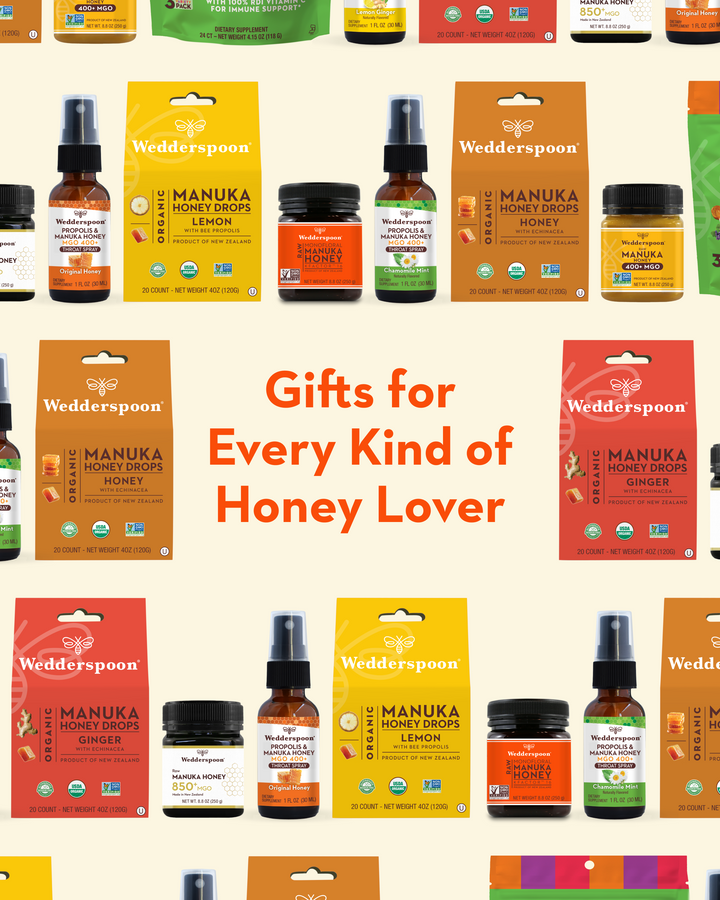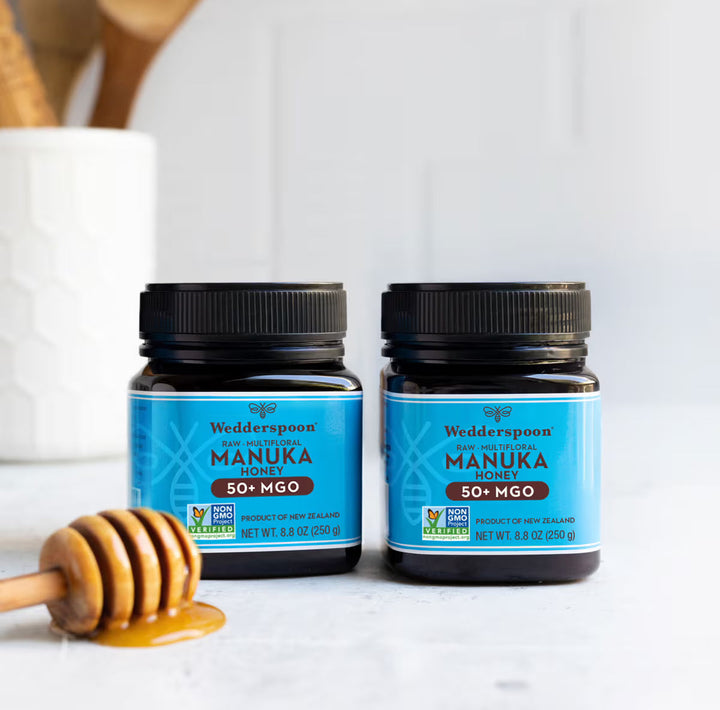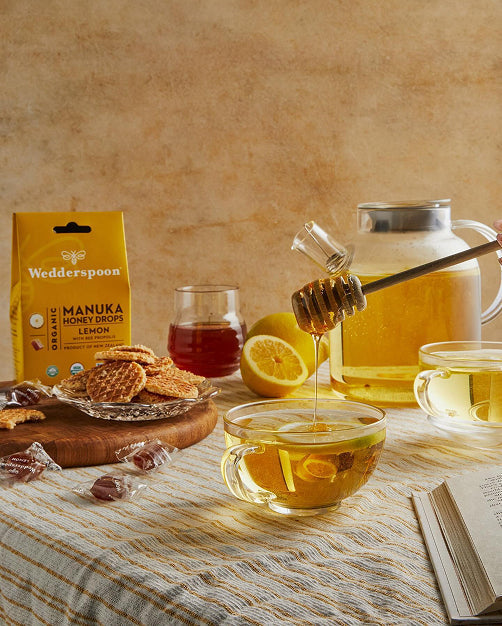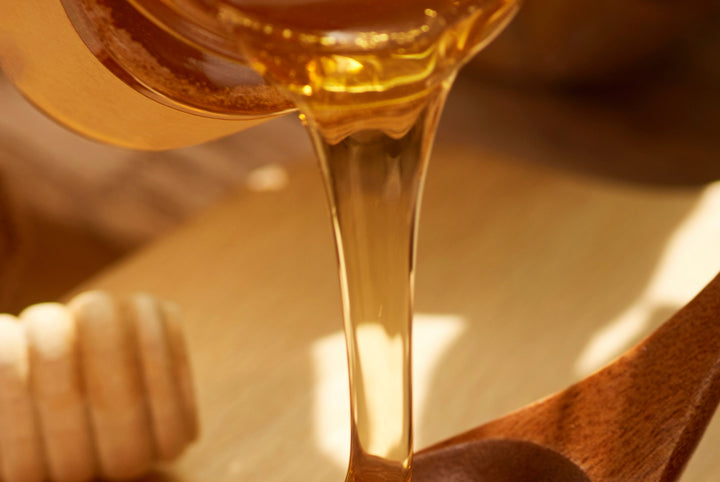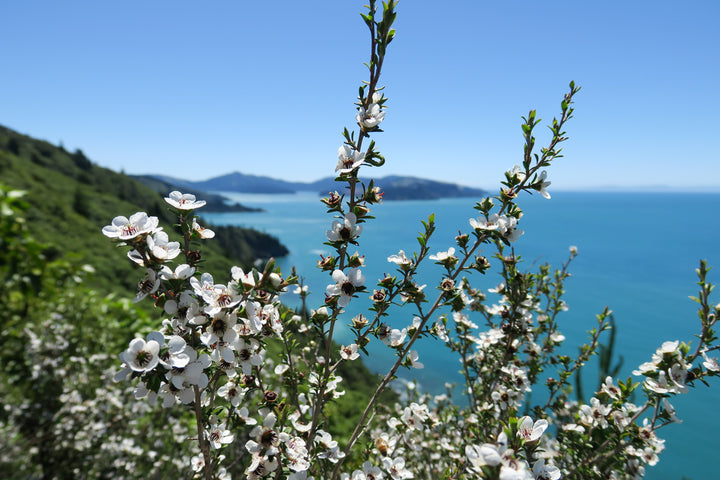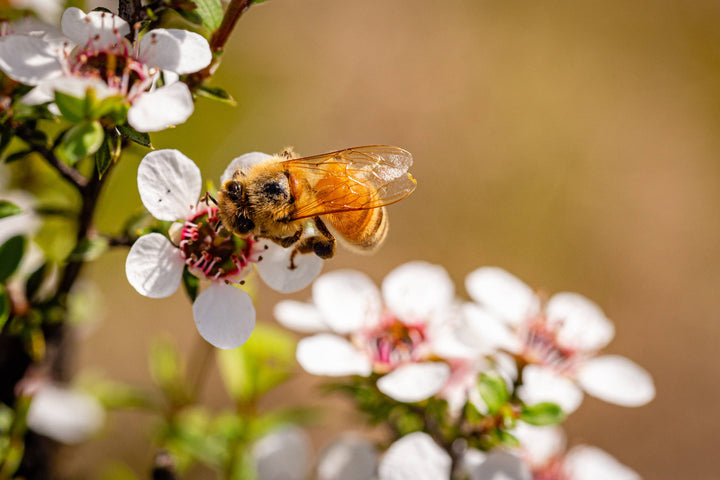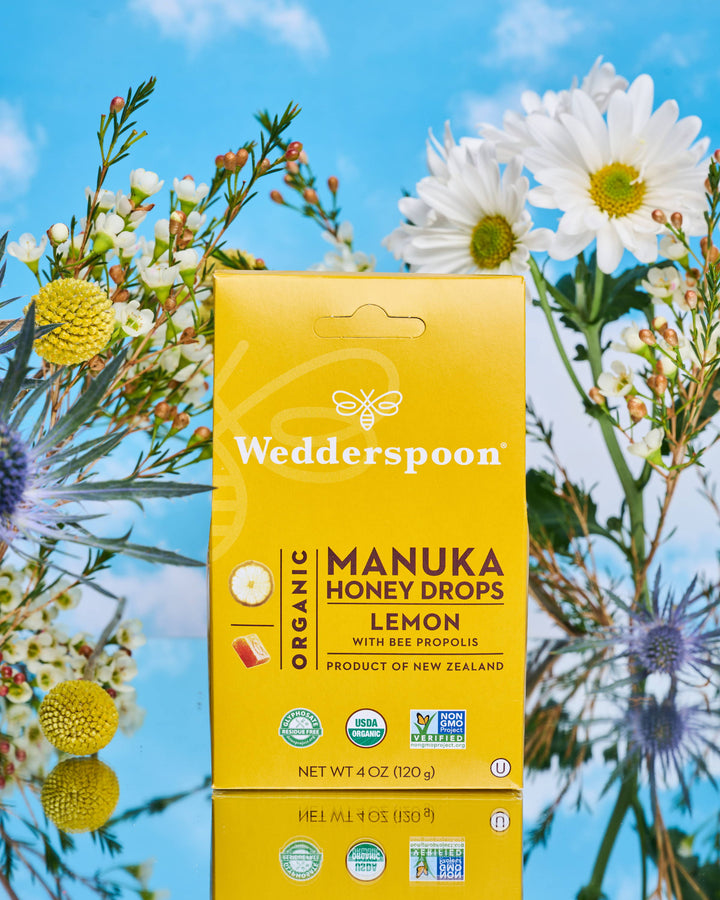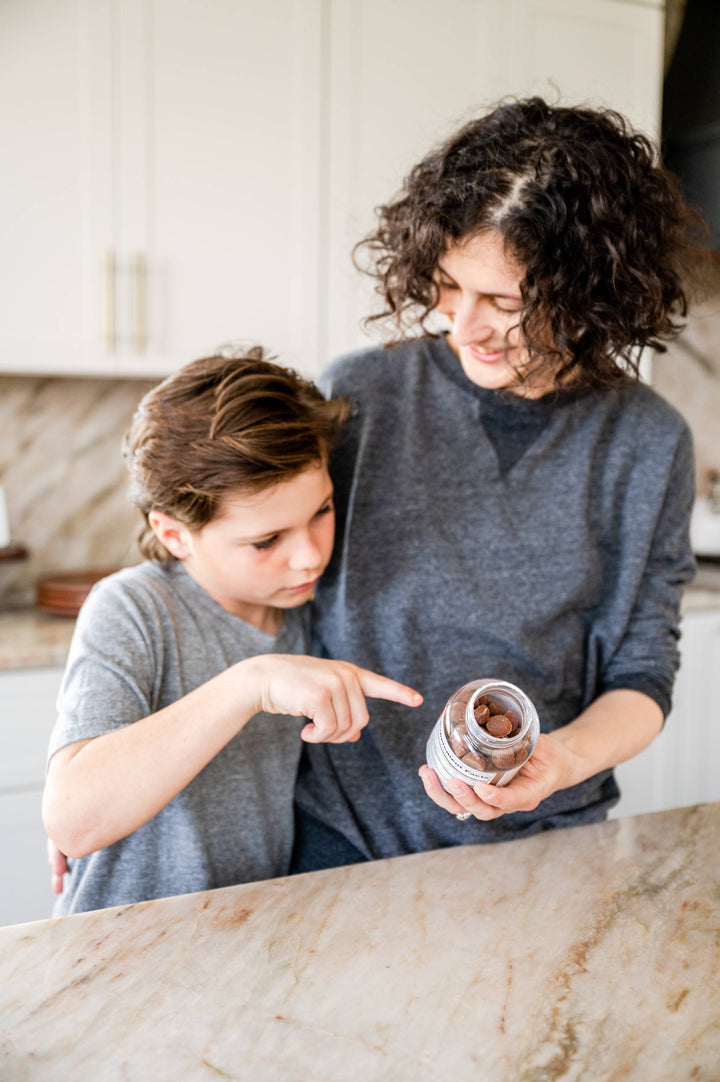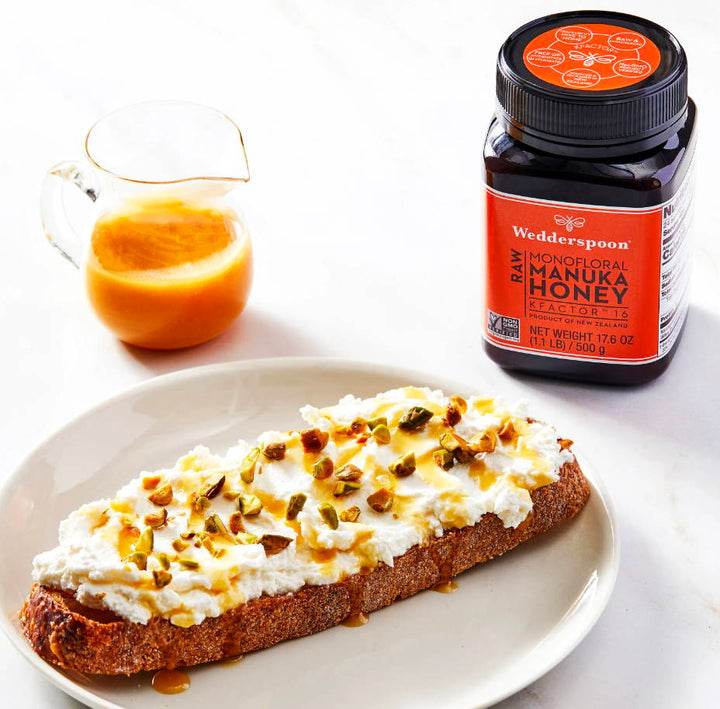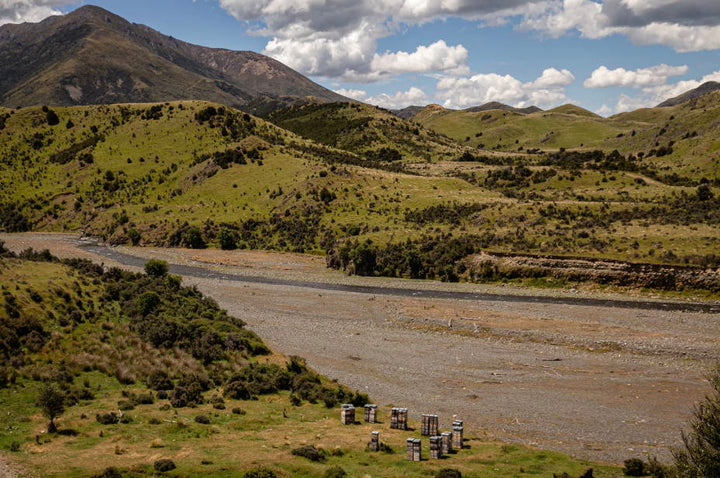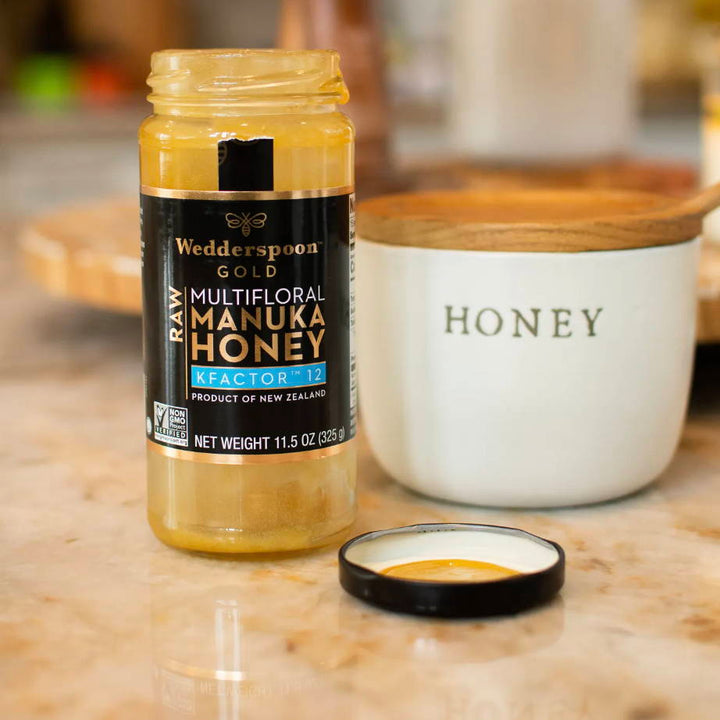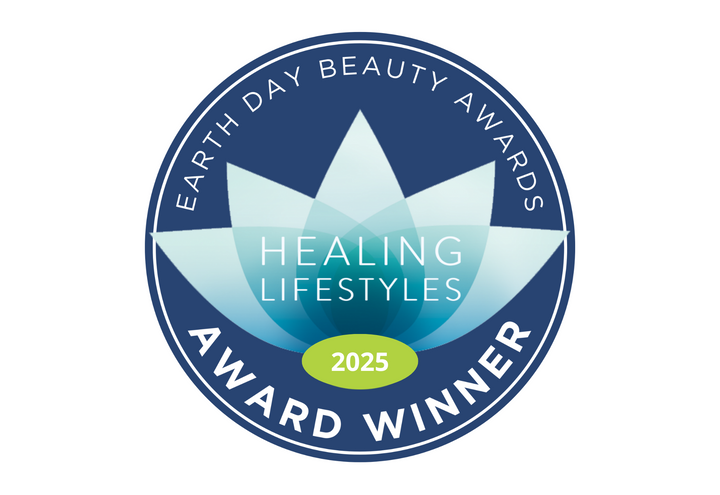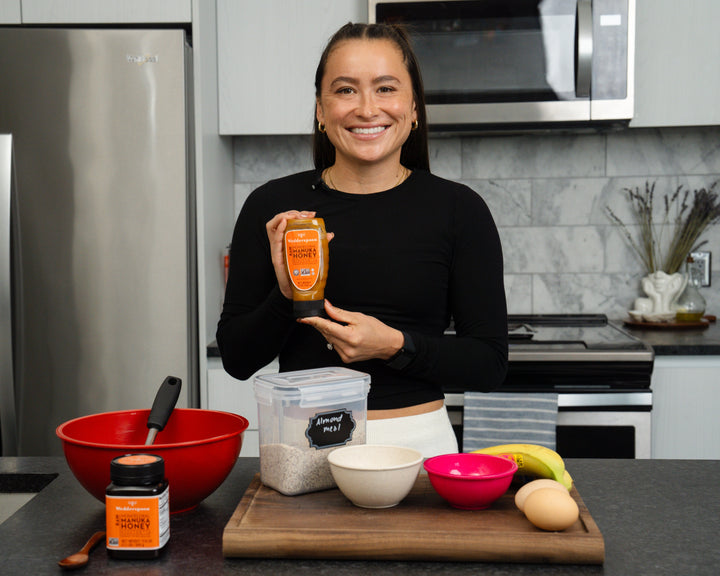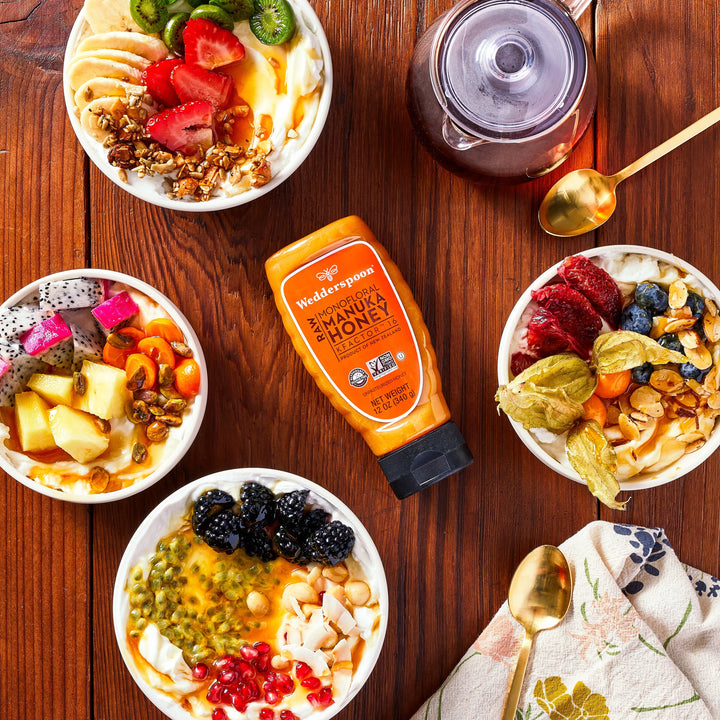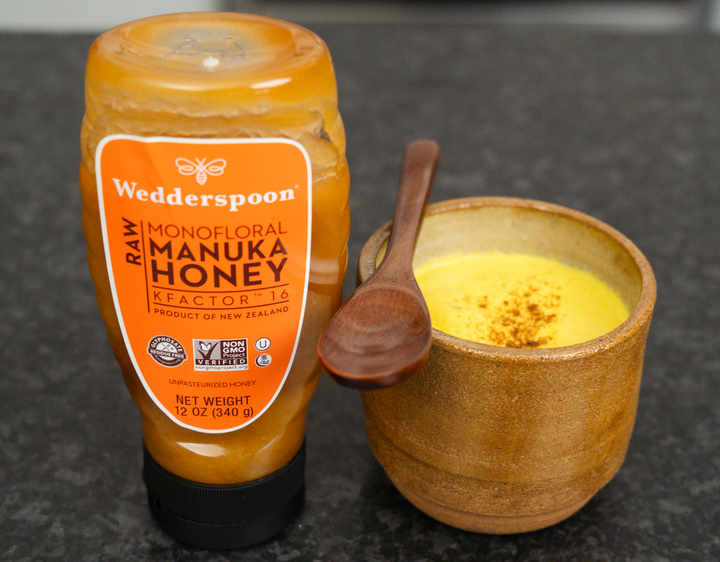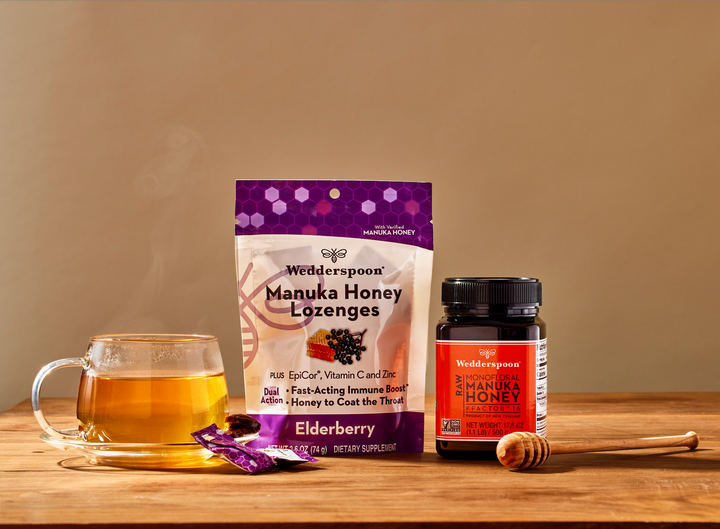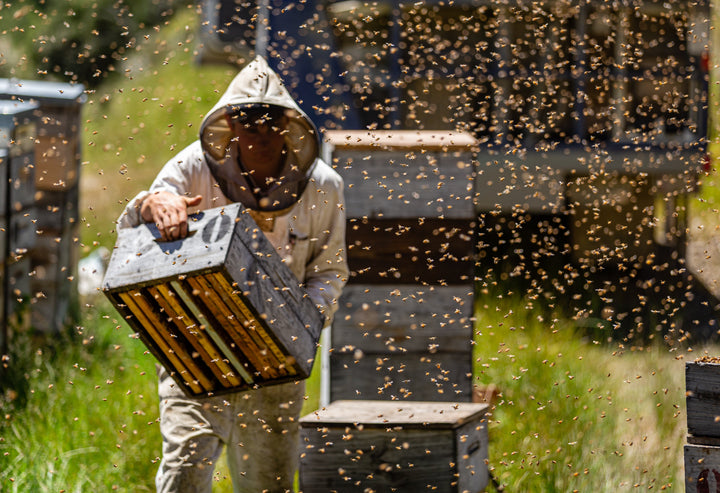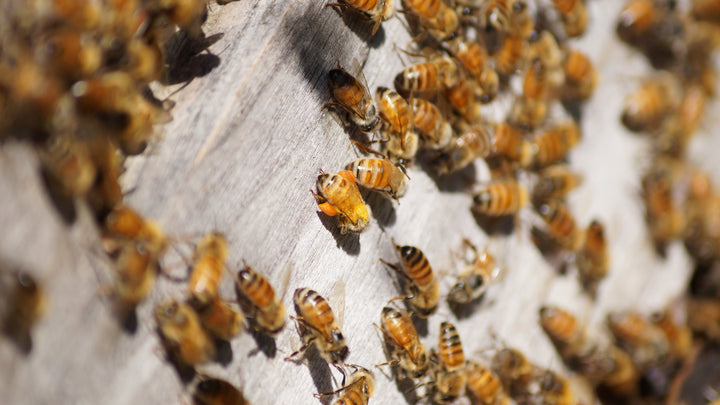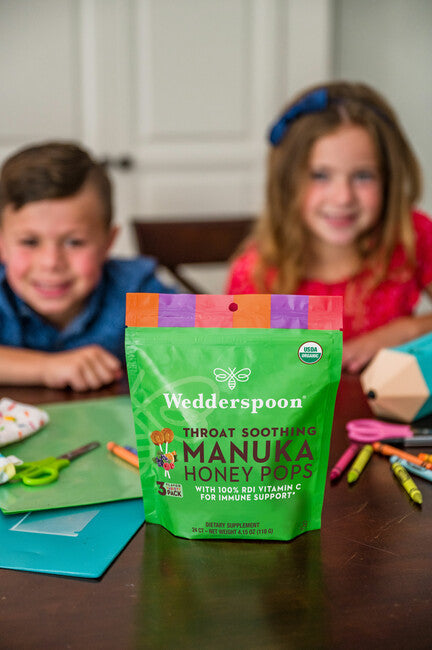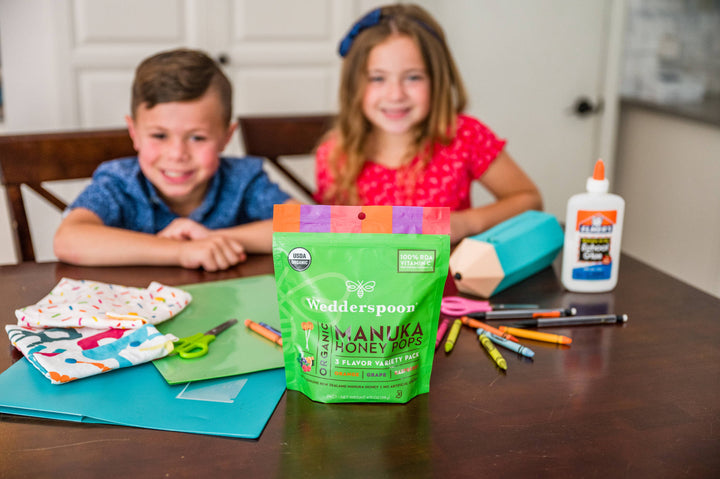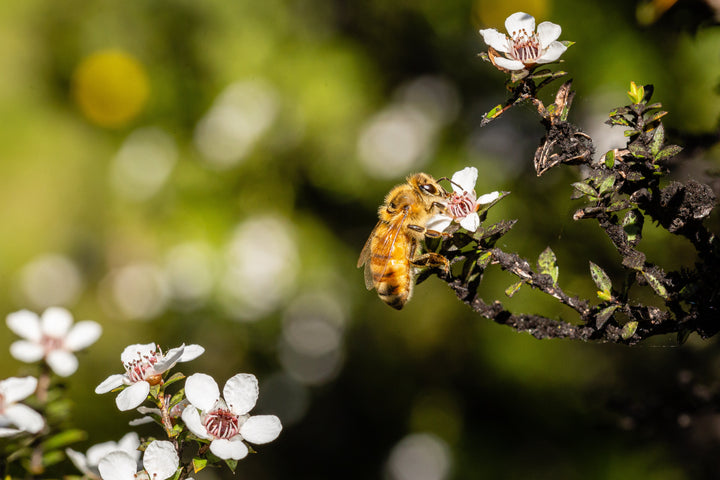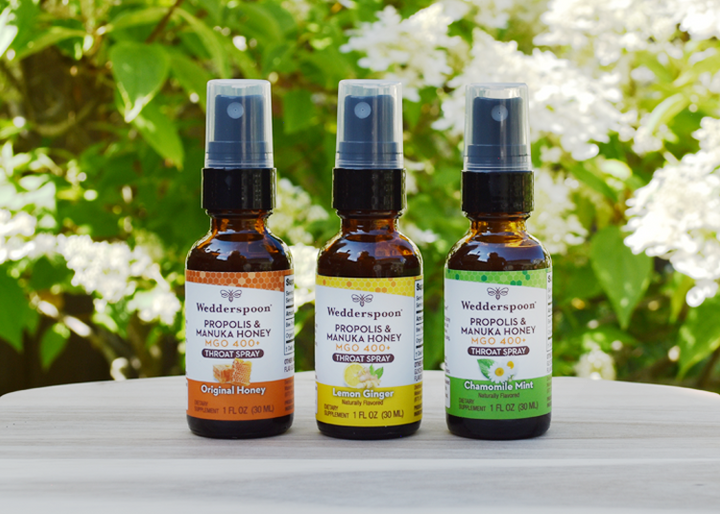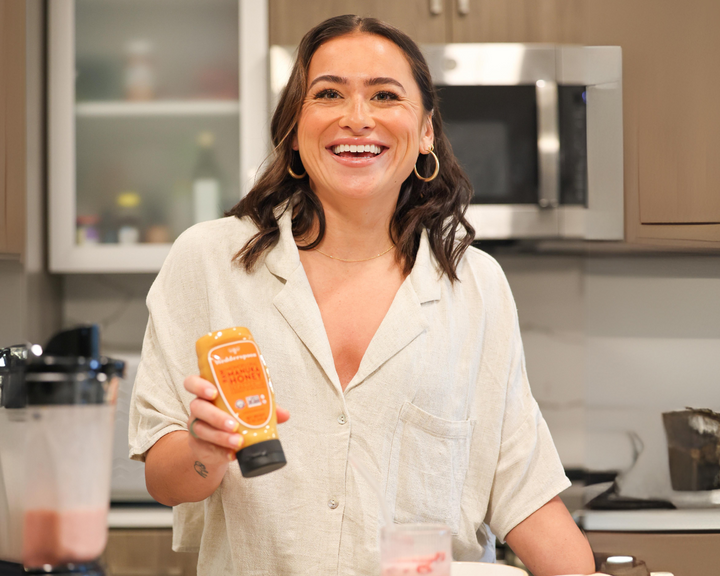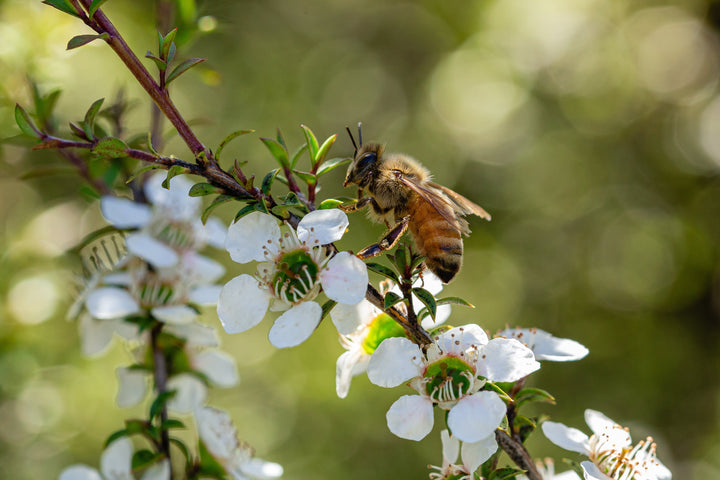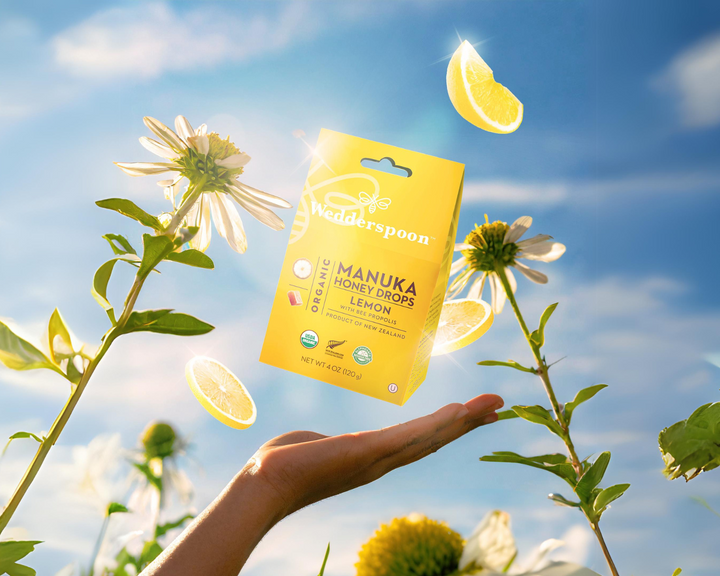We know that honey bees produce honey, and we know that humans use honey, but, do you know that the honeybees also use honey, themselves?
Yes, honeybees are producers, and consumers, of honey. Us humans and honeybees have more in common than you may realize. As humans, we consume honey and use it in various other ways for our health and well-being, and, so do the honey bees.
Read on to learn more about how honey bees use honey for their own health.
Honey contains nectar, which contains phytochemicals.
Honey contains nectar, and nectar contains plant chemicals called phytochemicals. Phytochemicals help protect plants from pests, and it does the same for bees. When bees consume the phytochemicals found in the nectar/honey, it helps protect them, too, from pests, pesticides and parasites. It makes sense, right? We know that honey can boost immunity in humans, and studies show that it does the same for bees.
Gut microbiomes matter for bees, too.
In humans, gut health impacts our overall health and well-being. Our gut microbiome is a big deal. And, it's a big deal in bees, too. Studies lead us to believe that the phytochemicals in honey can improve gut microbiomes in honey bees. This means that consuming honey can help them stay healthier and live longer.
Honey is medicine to honey bees.
We have our medicine cabinets, and honey bees have honey, in all different varieties. Studies show that honey bees can actually distinguish different types of honey, and instinctively identify specific honeys for specific issues. For instance, when they are sick or infected with a parasite, they naturally choose a honey that will best fight off the sickness. Pretty neat how that works, right?
Honey helps honey bees survive the winter months.
In the cold months, humans bundle up in jackets, turn up the heat in their homes and stay warm with hot drinks. Honey bees, on the other hand, form a winter cluster, which is a tightly-packed swarm, or cluster, of bees. They stick together in the hive to stay warm throughout the winter months. It's important for them to have a supply of honey to last them through the winter to eat.
Bees are very important to us, here at Wedderspoon. When our beekeepers harvest honey from our hives in New Zealand, they are gentle as possible and are always sure to leave behind a generous amount of honey for the bees to use in the winter. Learn more about Wedderspoon and our process of harvesting Manuka Honey.
Share this post







